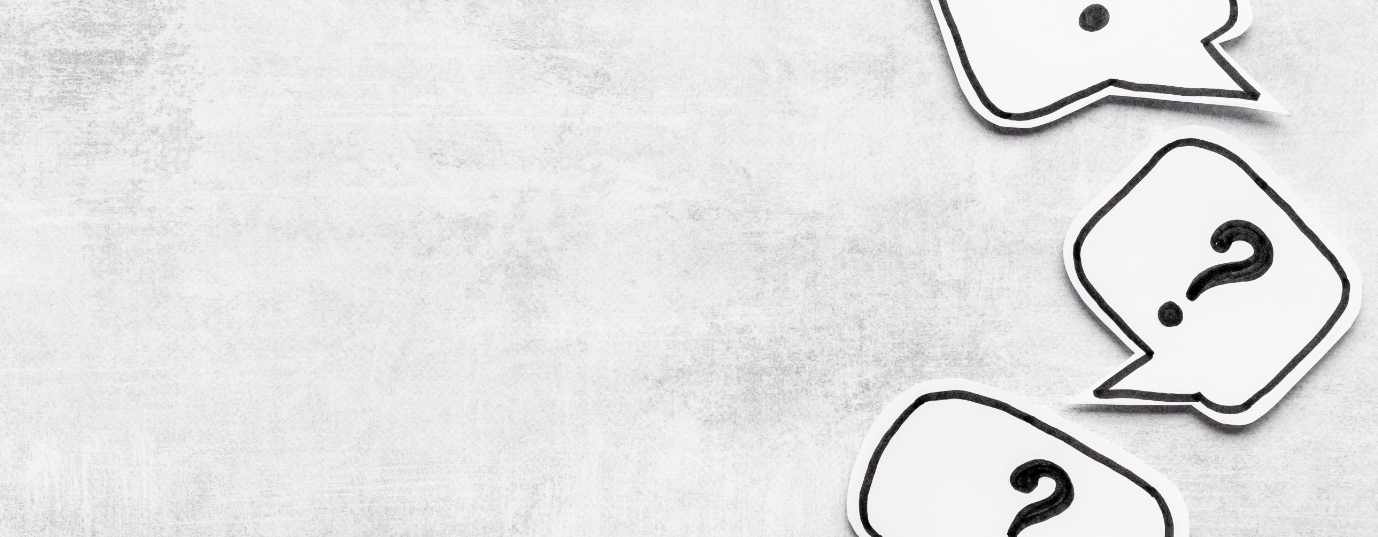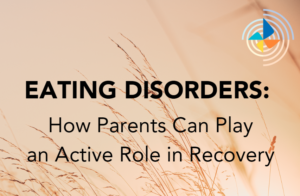Co-existing Disorders
Co-Existing Disorders and Mental Health Conditions
People with eating disorders often have other mental health challenges. Sometimes it is difficult to classify all the symptoms that are affecting one person. This is especially true for eating disorders, which have many signs and symptoms that overlap with other mental health conditions. It is very important for people to be assessed for all their mental health concerns, and to work with their health care professionals about treatment planning for these concerns.
A mental health assessment usually includes questions about:
- Anxiety:
- Anxiety is very common in people with eating disorders. Signs of anxiety may come before signs of an eating disorder.
- Learn more about anxiety in children and youth or anxiety in adults.
- Depression:
- There is a strong connection between eating disorders and depression. Many people with eating disorders also have low mood or symptoms of depression. Depression may develop before an eating disorder, or come after, as a result of the eating disorder. Low self-esteem and poor body image can also contribute to low mood and be a risk for depression.
- Learn more about depression in children and youth or depression in adults.
- Self-harm:
- Self-harm is when people hurt themselves on purpose. People may self-harm to help cope with difficult feelings or thoughts.
- Learn more about self-harm in children and youth or self-harm in adults.
- Substance use:
- Some people who have eating disorders also misuse drugs or alcohol. Learn more about drug or alcohol use in children and youth or drug or alcohol use in adults.
- Sometimes substances are misused as a way of trying to control appetite or weight (substances may include cigarettes, amphetamines, diet pills or laxatives – click here for more information). This can be very dangerous for your health. It can also make treatment of the eating disorder more complicated.
- Trauma:
- Some people with eating disorders have also had some form of trauma or abuse in their lives. Trauma is a risk factor for developing a variety of psychological disorders, including eating disorders.
- Learn more about trauma and eating disorders
- Obsessions and compulsions:
- Strengths and goals:
- Consider what interests, personal strengths and goals that an individual may have for themselves and their mental health.



